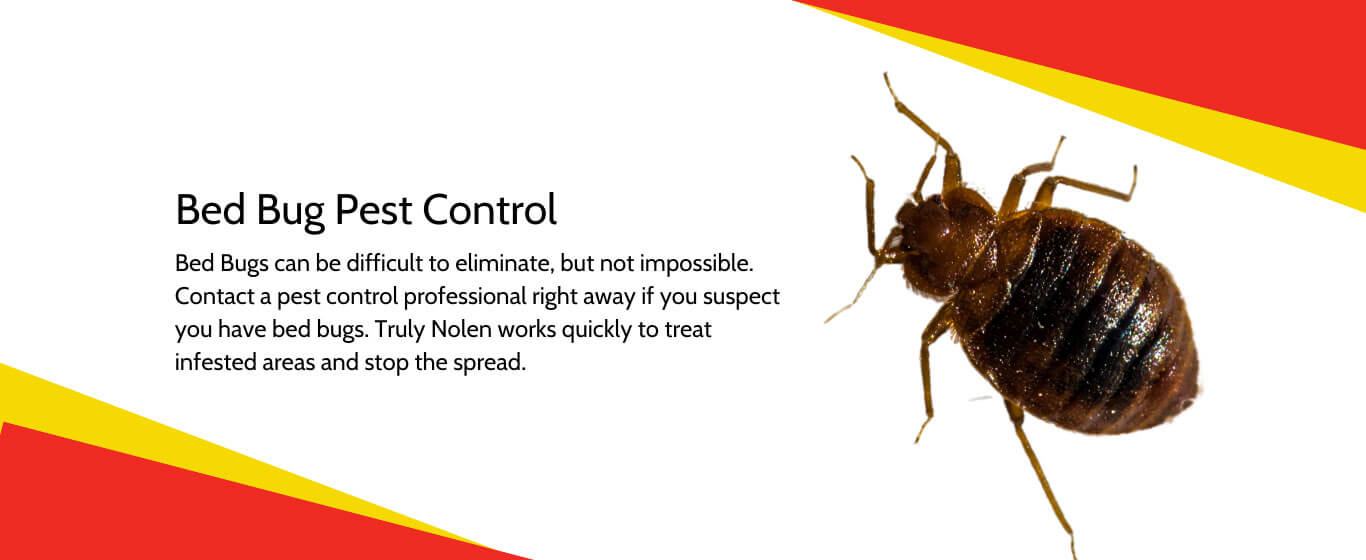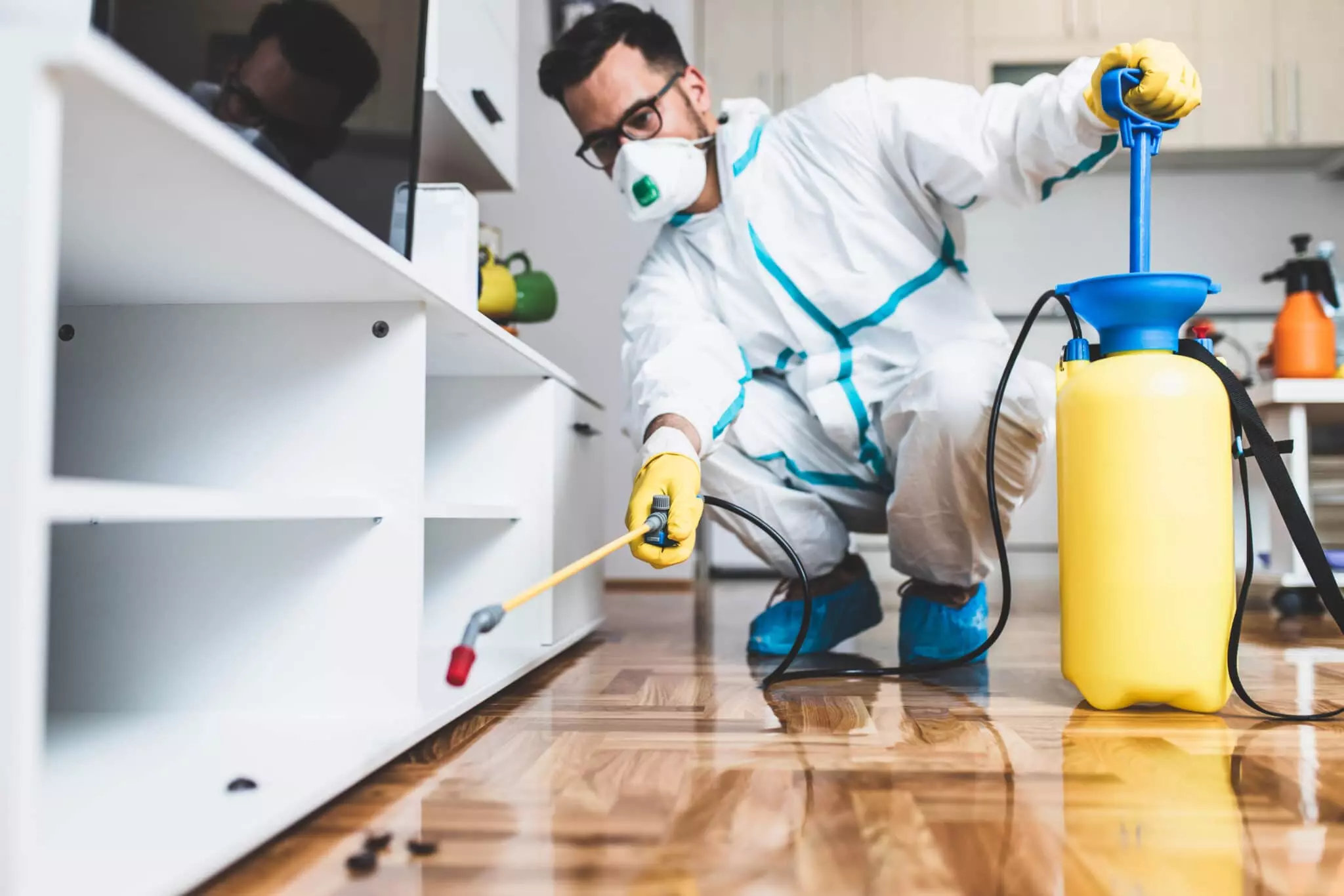Safe and Reliable Parasite Control for Lasting Defense
The importance of trusted and safe parasite control can not be overstated, especially in a period where ecological issues are critical. Effective pest monitoring requires a diverse strategy that balances environmental integrity with the requirement for reliable parasite suppression. By checking out eco-friendly options and incorporated parasite administration methods, property owners can attain lasting protection against invasive types while safeguarding useful ecological communities. However, the nuances of these techniques might not be immediately clear, triggering a more detailed evaluation of the methods that can bring about lasting parasite control outcomes. What steps can be taken to make sure both safety and effectiveness in pest management?
Recognizing Parasite Control Approaches
Parasite control incorporates a variety of methods targeted at managing and eliminating unwanted pests and rats that can endanger both health and property. Understanding these methods is crucial for effective parasite administration.
The main categories of pest control techniques include mechanical, biological, and chemical approaches. Mechanical methods entail physical obstacles and traps to protect against pest access and capture unwanted varieties. Utilizing displays on windows or using sticky traps can substantially reduce parasite populations without presenting harmful compounds - exterminator coquitlam.

Chemical bug control is frequently the most identified technique, using chemicals to eliminate bugs. These chemicals can be effective however must be utilized with care to stay clear of adverse impacts on non-target types and the atmosphere.
Advantages of Eco-Friendly Solutions
How can environment-friendly remedies transform pest control methods? The adoption of environment-friendly insect control techniques offers many benefits, significantly boosting the effectiveness and safety of bug monitoring.

One more advantage is the favorable effect on neighborhood biodiversity. Environment-friendly options are developed to target specific parasites while protecting beneficial pests and wildlife, advertising a well balanced community. This approach lines up with the expanding consumer demand for lasting practices, improving the online reputation of pest control providers.
Integrated Pest Management Approaches
The execution of green solutions naturally leads to the adoption of Integrated Pest Administration (IPM) methods, which additionally boost bug control efficiency. IPM is an all natural technique that integrates several techniques to handle bug populations while reducing environmental influence. This approach stresses making use of biological, cultural, mechanical, and chemical controls, ensuring a balanced and lasting method of pest administration.
One basic facet of IPM is the comprehensive evaluation of insect activity and environmental conditions. By keeping an eye on parasite populations and determining their life cycles, professionals can carry out targeted interventions that interfere with the pest's habitat or lifecycle, reducing reliance on chemical pesticides. In addition, cultural methods such as plant rotation and environment manipulation can dramatically reduce pest facility and recreation.
Another vital component is making use of organic control representatives, such as useful insects or microbes, which can normally suppress pest populaces. When chemical applications are necessary, IPM focuses on the usage of low-risk chemicals and uses them selectively, decreasing direct exposure to non-target microorganisms and human beings.
Including IPM strategies not only boosts pest control performance however also promotes a more secure ecosystem, aligning with the expanding demand for lasting methods in pest monitoring.
Safe Practices for House Owners
Comprehending the value of risk-free practices in parasite control can empower home owners to successfully take care of insect issues Check This Out while securing their wellness and the atmosphere. Implementing preventative measures and safe approaches is critical in minimizing exposure to dangerous chemicals.
House owners need to initially examine their atmosphere for conditions that attract pests, such as standing food, mess, and water waste. Routinely cleaning and securing entrance points can deter pests from invading the home. Utilizing natural deterrents, such as important oils or diatomaceous earth, can offer effective choices to chemical pesticides.
When chemical therapies are needed, homeowners should select products that are particularly labeled as risk-free for household use. It is vital to comply with application standards meticulously to stay clear of too much his explanation exposure. Additionally, making use of targeted therapies in areas where parasites are determined, as opposed to read the article covering spraying, can significantly lower chemical use.
Lastly, keeping open communication with pest control specialists is important. Homeowners need to ask about the security of products utilized and request environment-friendly options whenever possible. By embracing these risk-free practices, homeowners can develop a much healthier living setting while properly managing insect problems.

Tips for Long-Term Protection
Developing an insect management approach that highlights lasting protection can greatly enhance the performance of the safe practices formerly discussed. To accomplish this, house owners should execute routine assessments of their property, focusing on hidden areas such as attics, basements, and crawl spaces. Early discovery of parasite activity is crucial in preventing infestations from taking hold.
In addition, maintaining a clean setting is important. This includes proper food storage space, promptly cleansing spills, and routinely disposing of rubbish. These techniques decrease attractants that attract parasites into the home. Securing entrance factors, such as splits around home windows and doors, can successfully obstruct prospective bug accessibility.
Landscaping must additionally be taken into consideration; maintaining plants trimmed and maintaining a distance in between plant life and the home decreases concealing areas for bugs. Making use of natural deterrents, such as vital oils or diatomaceous planet, can further discourage infestations without considering harsh chemicals.
Last but not least, teaming up with an expert bug control solution for regular examinations can provide an extra layer of security. These professionals can provide customized referrals and advanced treatments, making certain that your home remains safeguarded versus pests in the long term.
Final Thought
To conclude, dependable and risk-free insect control requires a multifaceted strategy that stresses environmentally friendly approaches and incorporated pest management. By executing all-natural deterrents, conducting routine inspections, and maintaining proper sanitation, homeowner can dramatically lower pest populations while securing valuable insects and the setting. Collaboration with professional bug control services improves the effectiveness of these methods, making sure customized remedies that supply long-term defense and peace of mind against future problems.
Effective insect monitoring needs a complex approach that balances ecological stability with the demand for efficient insect suppression. The fostering of eco-friendly bug control approaches provides numerous advantages, substantially enhancing the efficiency and safety of pest administration.The implementation of green remedies naturally leads to the adoption of Integrated Parasite Monitoring (IPM) techniques, which additionally boost insect control effectiveness. exterminator coquitlam. By checking pest populations and identifying their life cycles, experts can carry out targeted treatments that disrupt the insect's habitat or lifecycle, reducing dependence on chemical pesticides.In final thought, secure and reliable bug control requires a complex strategy that emphasizes green approaches and integrated insect management